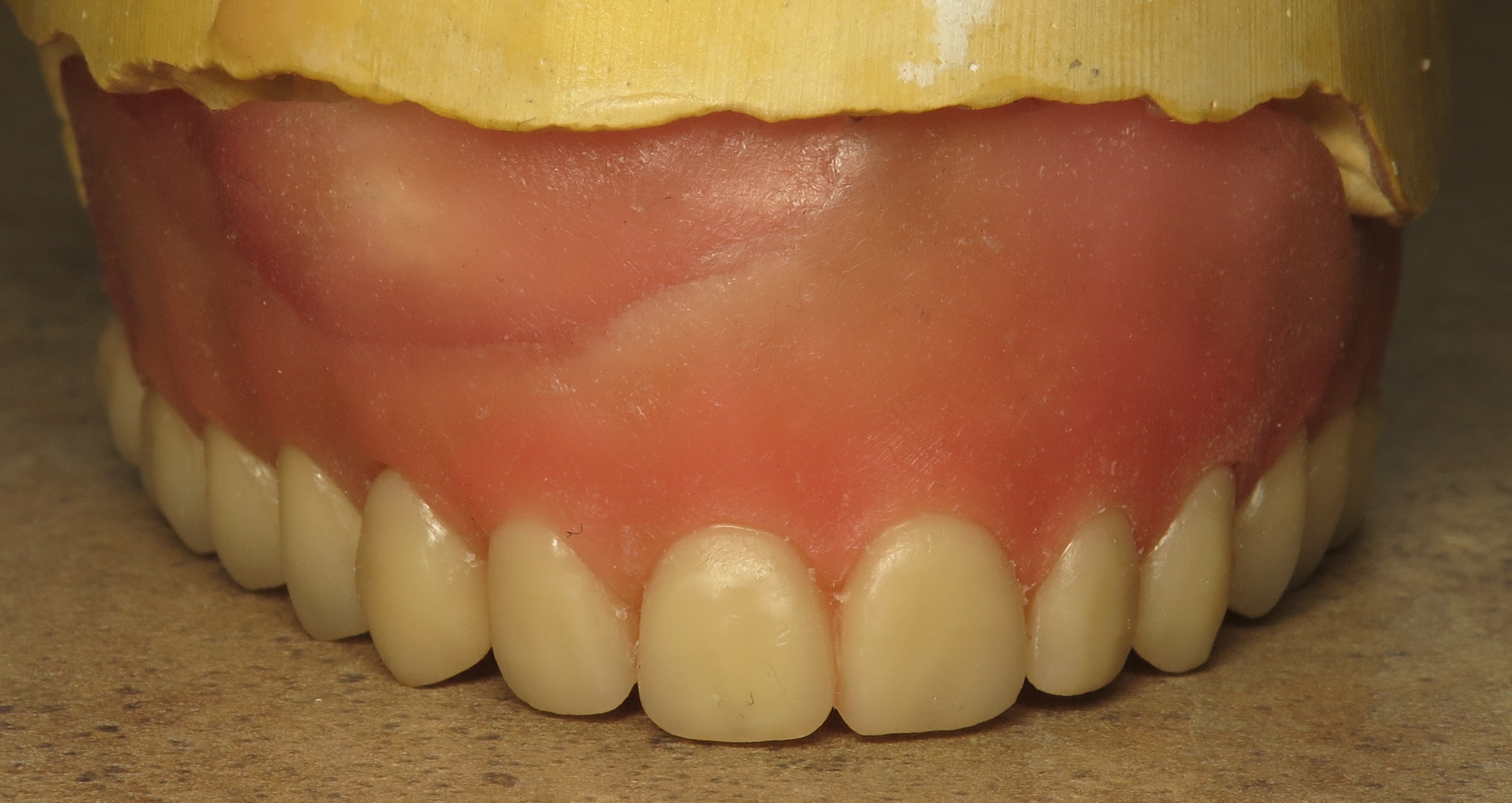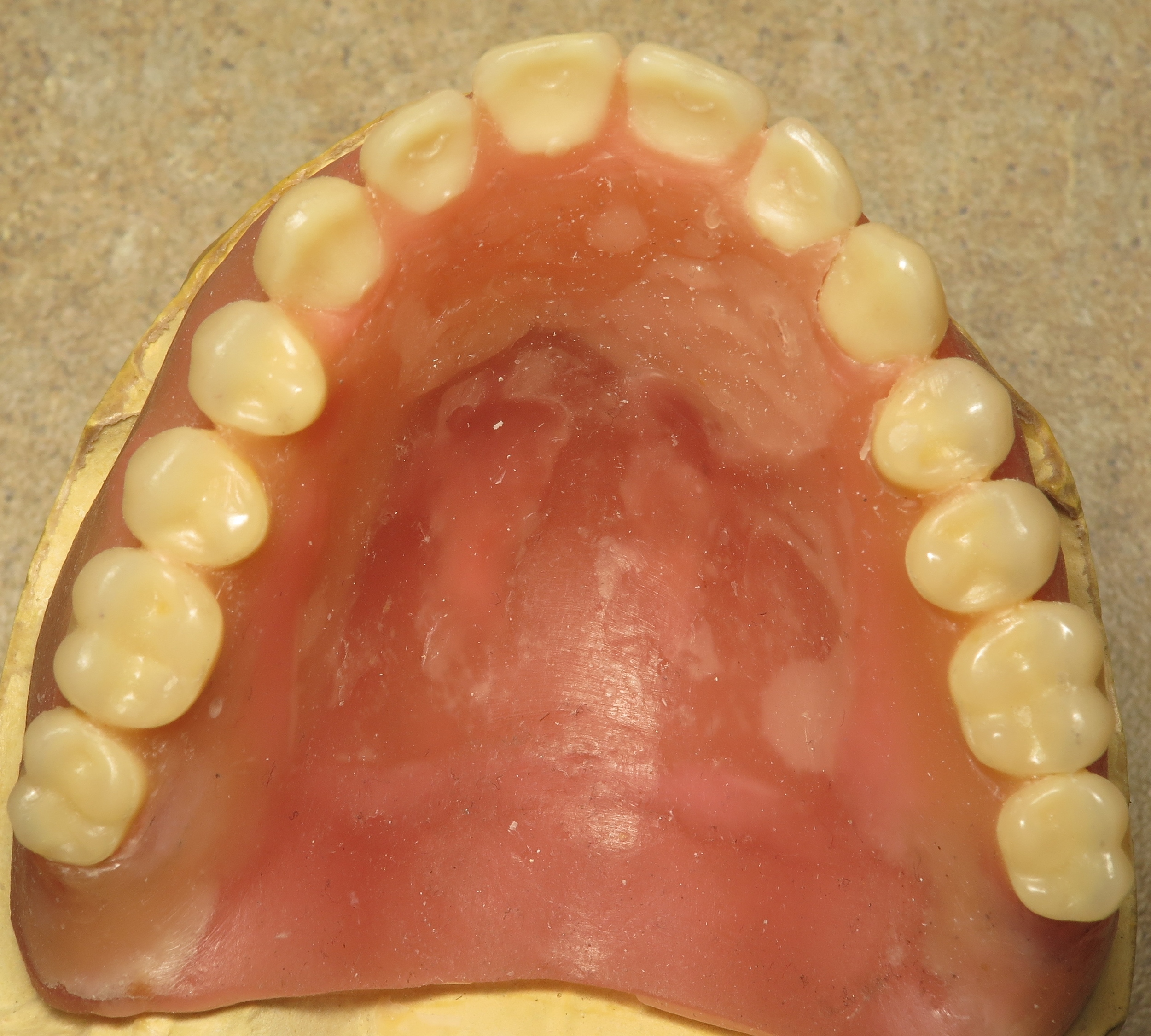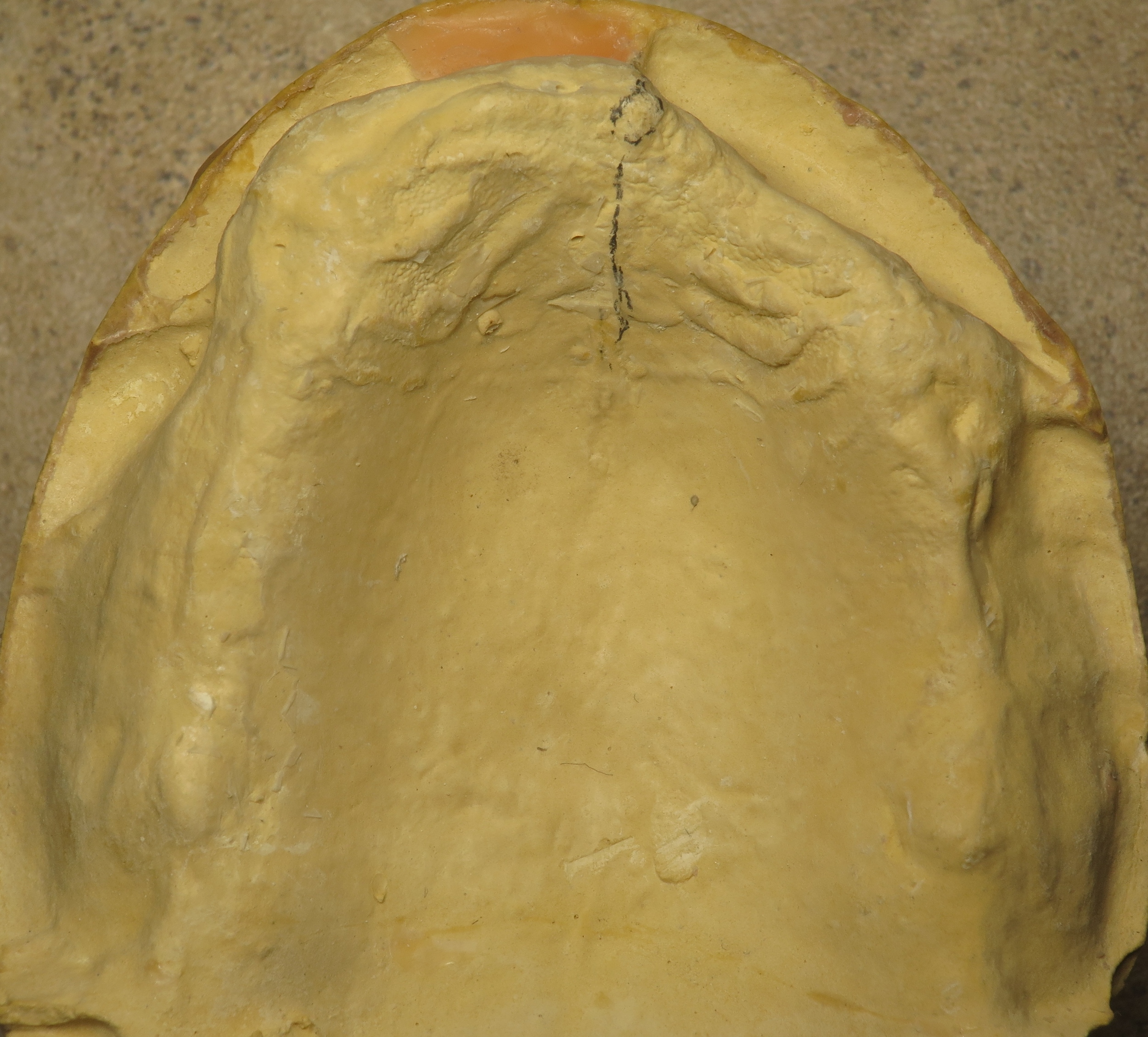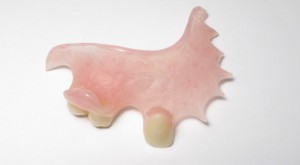Greetings and welcome to our on-going blog series, Dentistry Through the Ages. In these blog posts, we will cover age-group specific dental needs and concerns. Your life is constantly changing, and we want to equip you with the best information possible to keep your teeth healthy!
In this article, we will be covering the dental needs of our elderly patients. Current projections estimate that persons aged 65 and older represent between 13% and 17% of the current United States population. As such, the dental healthcare industry is becoming better adapted and prepared to handle the needs of an aging population. Our office wants to take a moment to highlight some predominant oral health concerns to keep you aware and healthy!
Dry Mouth (formally known as xerostomia) is one of the biggest concerns when treating elderly patients. As we progress into old age, our bodies become more susceptible to diseases, injuries and other medical concerns. These conditions will often result in new prescriptions and medications- many of which decrease saliva flow or limit the function of salivary glands. This, combined with the natural degradation of the parotid gland (a major salivary gland) with age, leaves many patients with little to no resting saliva.
Our saliva are crucial to limiting the activity and progress of cavity forming bacteria. As such, many patients will see an increase in cavities as they transition to old age. Certain biological factors put the elderly population at particular risk for root surface cavities, where decay arises in areas of gum recession or where the tooth meets the gum tissue. However, there are a number of great products to counteract the progression of cavities in old age. Fluoride products, remineralizing gels and xylitol rinses can all help keep decay and bacteria at bay. As an added bonus, xylitol products can help stimulate saliva flow to help combat dry mouth directly!
In addition to xerostomia, many elderly patients will encounter increased incidences of periodontal disease. Limited salivary flow, years of bacterial attacks and reduced immune response can all culminate to a loss of gum tissue and bone level. Many patients will be candidates for deep cleanings or a more frequent cleaning schedule to keep plaque and tartar levels down. Others with advanced periodontal disease may even be candidates for the services of a periodontist (gum tissue specialist).
For patients with very aggressive periodontal disease, teeth may need to be extracted. Depending on the extent of the condition, number of extractions needed and patient’s overall health, our office offers a number of tooth replacement options. Single teeth can be replaced permanently with bridges and implants or removably with a partial denture (depending on the location of the gap). Partial dentures use a metal framework to replace teeth and gum tissue back to a natural appearance. They benefit from using clasps to mount to permanent teeth and sit on the gum tissue.
Full dentures can provide the same esthetic results as partial dentures for edentulous (toothless) patients. Full dentures typically require about four to five appointments to take proper impressions, fabricate the denture, adjust it and deliver the final product. While this process is lengthy, it helps ensure a great fit that minimizes irritation to the gum tissue.
We hope you found our review of oral health concerns in the elderly informative and helpful. Our office is fully committed and equipped to care for aging patients and wants you to know you are in great hands. If you have any questions about your oral health needs, our treatment options or any other concerns, please give us a call. We are always available to answer your questions!












